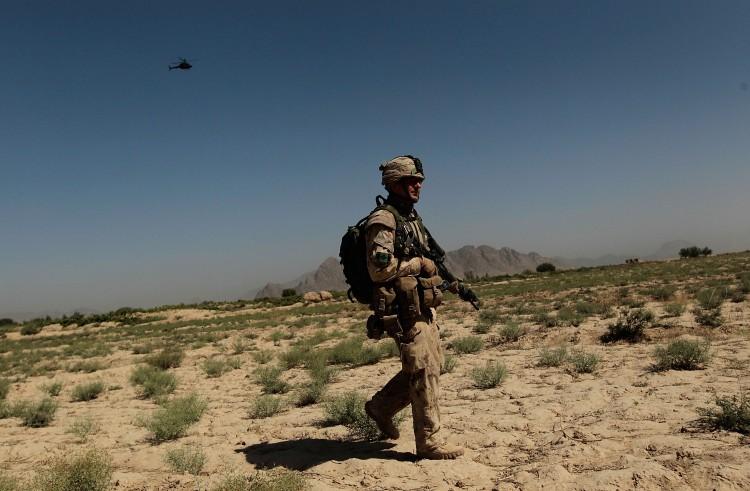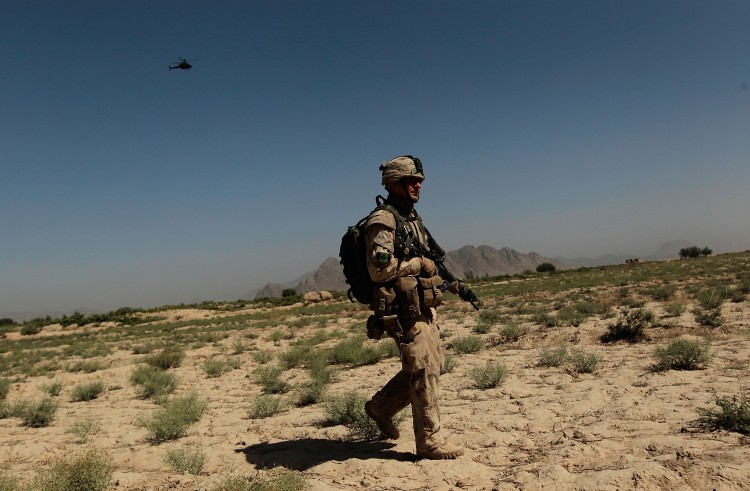With newly released statistics showing a rise in the number of suicides in the Canadian Forces, the federal government has come under pressure over reports that the Department of National Defence is cutting the positions of some mental health professionals.
According to the union representing some of the affected professionals, the positions being targeted include experts performing research and providing policy advice in the mental health field to the government.
“We’re concerned that we have experts who are recognized around the world in this area, and we’re concerned any time that the government cuts this expertise,” says Gary Corbett, president and CEO of the Professional Institute of the Public Service of Canada (PIPSC).
“We ask why, especially for a topic like this, a subject like this where it has a direct impact on our military people who are serving. … If you don’t do this work, it’s going to end up costing the taxpayers a lot more down the road.”
PIPSC says what prompted their concern was some employees receiving letters indicating their positions are being “affected,” and, after they sought further information, getting the impression that their jobs are being cut.
The Department of National Defence (DND) has so far neither confirmed nor denied whether the positions are to be cut.
Responding to criticism over the reported cuts in the House of Commons last week, Defence Minister Peter MacKay said the government is “committed to ensure that we provide the best possible support for members with mental or physical illness or injuries.”
“[W]hen compared to NATO allies, the Canadian Forces has the greatest ratio of mental health care workers to personnel,” MacKay said.
He added that a satellite detachment in Ottawa along with all its mental health provider positions is being moved to the Petawawa base so that it is closer to the soldiers and their families.
There are currently 378 full-time mental health professionals working with the Canadian Forces, MacKay added, and said the government is looking into hiring more people.
Corbett says it’s not clear where the government will be doing more hiring, but he says it’s important to retain the research specialists as they do important work in identifying what the problems are and providing expert advice.
According to PIPSC, the affected positions include the four-member Deployment Health Section that focuses on the monitoring of post-traumatic stress disorder (PTSD) and concussions, and another 8 out of 18 positions of researchers and epidemiologists who analyze mental health outcomes such as depression and suicide.
An injury surveillance and prevention trial at CFB Valcartier will also be closed as a result of the budget cuts, PIPSC says.
DND did not have anyone available for an interview by press time.
Increase in Suicides
Last week, the Ottawa Citizen reported on a leaked internal report that painted a bleak picture of war veterans being neglected by the mental health treatment system.
Statistics released by DND in late April shows that 19 members of the Canadian Forces committed suicide in 2011, a sharp increase compared to 12 in 2010 and 11 in 2009.
According to a statement on DND’s website, while the number in 2011 is higher than previous years, “it is important to note that suicide numbers vary from year to year and as is the case for any statistics, a variation can either be due to random patterns or indicate the beginning of an upward trend.”
DND says each suicide death is investigated and the motivating factors leading to the event are examined, among other things.
The issue of suicide and PTSD is being discussed this week during a military police complaints hearing into complaints by the parents of Cpl. Stuart Langridge, who hanged himself in 2008.
The Epoch Times publishes in 35 countries and in 19 languages. Subscribe to our e-newsletter.






